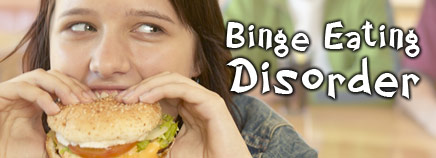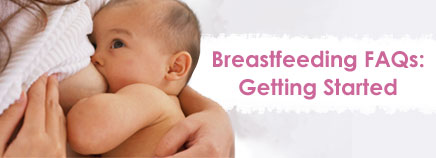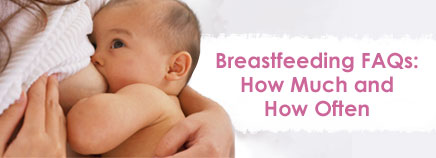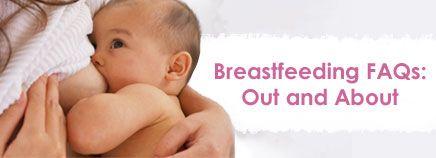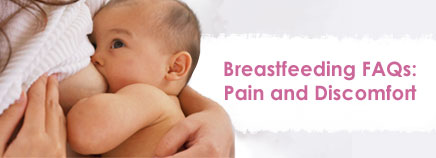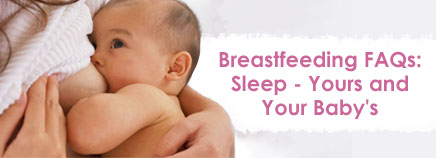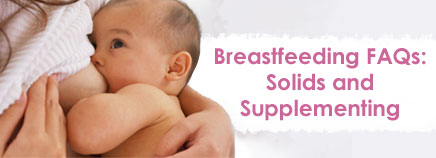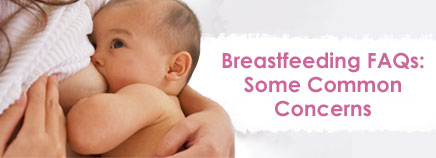Do you sometimes feel that your kids might eat you out of house and home? It can feel like that at times, especially during the teen years. They grab a handful of cookies here, a bag of chips there, and finish last night’s leftovers in a flash. They’re growing like …
Breastfeeding FAQs: Getting Started
Whether you’re a new mom or a seasoned parenting pro, breastfeeding often comes with its fair share of questions. Here are some answers to common queries that mothers — new and veteran — may have. When will my milk come in? For the first few days after your baby’s birth, …
Breastfeeding FAQs: How Much and How Often
Whether you’re a new mom or a seasoned parenting pro, breastfeeding often comes with its fair share of questions. Here are answers to some common queries that mothers — new and veteran — may have. How often should I breastfeed? Your newborn should be nursing 8-12 times per day for …
Breastfeeding FAQs: Out and About
Whether you’re a new mom or a seasoned parenting pro, breastfeeding often comes with its fair share of questions. Here are answers to some common queries that mothers — new and veteran — may have. How can I be discreet when nursing in public? Nursing in front of others can …
Breastfeeding FAQs: Pain and Discomfort
Whether you’re a new mom or a seasoned parenting pro, breastfeeding often comes with its fair share of questions. Here are answers to some common queries that mothers — new and veteran — may have. Is it normal to have cramps while nursing? Yes. During the first few days to …
Breastfeeding FAQs: Pumping
Whether you’re a new mom or a seasoned parenting pro, breastfeeding often comes with its fair share of questions. Here are answers to some common queries that mothers — new and veteran — may have. When can I start pumping my breast milk? Some women who breastfeed start pumping soon …
Breastfeeding FAQs: Safely Storing Breast Milk
Whether you’re a new mom or a seasoned parenting pro, breastfeeding often comes with its fair share of questions. Here are answers to some common queries that mothers — new and veteran — may have. How do I store my breast milk? You can freeze and/or refrigerate your pumped (or …
Breastfeeding FAQs: Sleep – Yours and Your Baby’s
Whether you’re a new mom or a seasoned parenting pro, breastfeeding often comes with its fair share of questions. Here are some answers to common queries that mothers — new and veteran — may have. Where should my baby sleep? There are many options for where your baby can sleep, …
Breastfeeding FAQs: Solids and Supplementing
Whether you’re a new mom or a seasoned parenting pro, breastfeeding often comes with its fair share of questions. Here are answers to some common queries that mothers — new and veteran — may have. Is it OK to give my baby breast milk and formula? Although breast milk is the …
Breastfeeding FAQs: Some Common Concerns
Whether you’re a new mom or a seasoned parenting pro, breastfeeding often comes with its fair share of questions. Here are answers to some common queries that mothers — new and veteran — may have. Is it normal for my baby to spit up after feedings? Sometimes, babies spit up when …

